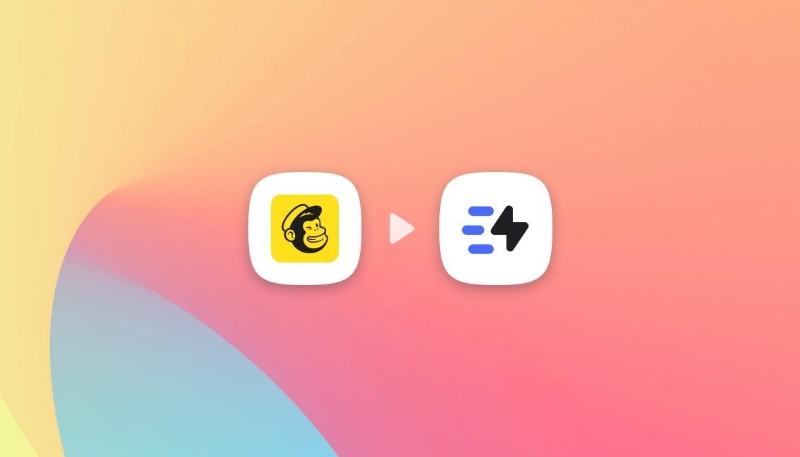Marketing Automation for Agencies to Scale Client Workflows (+ Top 12 tools)
Marketing Automation for Agencies to Scale Client Workflows (+ Top 12 tools)
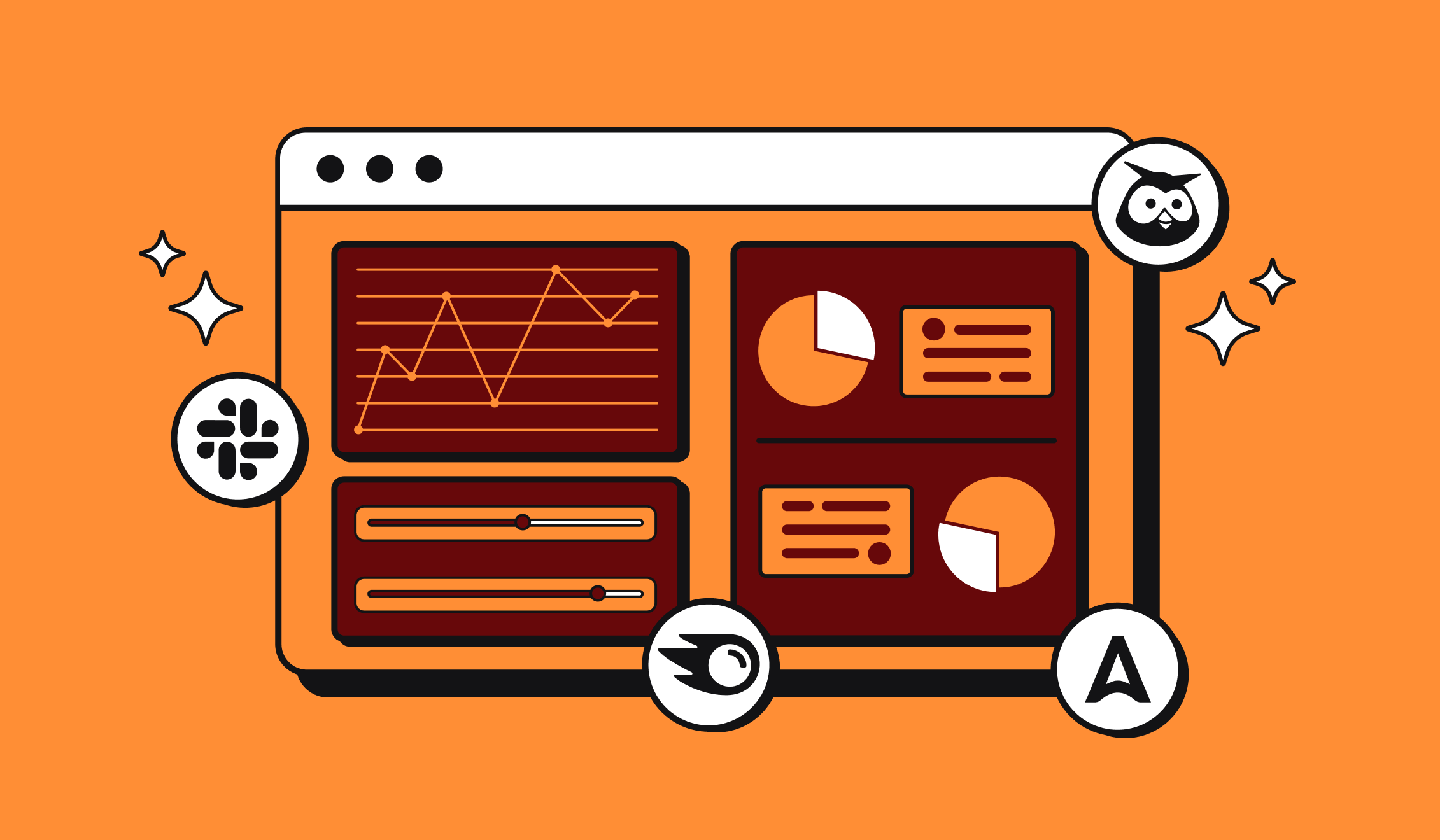
Key Takeaways
- Marketing automation for agencies is essential for growth and efficiency in 2025.
- It helps streamline repetitive tasks, ensure brand consistency, and improve return on investment (ROI).
- Unified platforms with multi-account and white-label capabilities are vital for agencies.
- Integrating AI and data is fundamental for optimal personalization and performance.
Table of Contents
- Introduction: The Automation Imperative
- Understanding Marketing Automation for Agencies
- Core Areas Where Marketing Automation Transforms Agency Operations
- Choosing the Right Marketing Automation Tool for Your Agency
- Top Marketing Automation Tools for Agencies (Types of Solutions)
- Best Practices for Implementing Marketing Automation in Your Agency
- Conclusion: The Future is Automated
The Automation Imperative
The marketing landscape is rapidly evolving in 2025, and agencies must adapt to stay competitive. Marketing automation for agencies is no longer just an advantage; it's a necessity for those looking to improve efficiency, scale operations, and deliver exceptional value to their clients. This guide will delve into why automation is crucial, how it works, the key areas where it transforms agency operations, and how to choose the right marketing automation tool.
Understanding Marketing Automation for Agencies
What is Marketing Automation?
Marketing automation involves using software to automate repetitive tasks, such as sending emails, posting on social media, and managing advertising campaigns. It typically involves two main types: standard algorithm automation, which follows predefined rules ("if this, then that"), and machine learning automation, which learns from data and improves over time.
How Marketing Automation Works
Marketing automation relies on "triggers" that initiate specific actions. For example, downloading a resource can trigger a nurturing email sequence. Automation solutions manage these workflows, ensuring consistent and rapid execution of marketing tasks. AI-powered automation software can also optimize marketing campaigns in real-time without manual intervention.
Key Benefits for Agencies
Marketing automation for agencies offers numerous benefits, leading to significant business growth:
- Significant Time Savings: Frees up your marketing team from repetitive tasks and manual effort, allowing them to focus on strategy and creativity.
- Brand Consistency: Ensures unified communication and brand compliance across all social media channels and for all clients.
- Scalability and Growth Support: Enables marketing agencies to manage an increased volume of clients and marketing campaigns without a proportional increase in human resources, fostering sustainable business growth.
- Data Utilization: Provides valuable insights and data-driven insights into campaign performance and customer behavior, facilitating more informed marketing decisions and data driven campaigns.
- Enhanced Personalization: Offers the ability to create hyper-personalized customer engagement at scale, improving customer satisfaction and client interactions.
- Improved ROI and Reduced Costs: By optimizing marketing processes and increasing the operational effectiveness of marketing campaigns, marketing automation for agencies directly contributes to a better marketing ROI and helps boost efficiency.
Core Areas Where Marketing Automation Transforms Agency Operations
Marketing automation solutions are reshaping how agencies operate, enabling them to streamline operations across various critical areas of the customer journey.
A. Lead Generation & Nurturing
Automated forms on landing pages and AI chatbots can integrate with CRM systems to capture lead generation efficiently. Drip campaigns and lead nurturing sequences ensure continuous engagement with potential customers, providing relevant content based on their interactions. Dynamic content can also be utilized to keep customers engaged.
B. Email Marketing
Email marketing automation ensures consistent email communication without manual tasks. Artificial intelligence can assist with follow-up emails, and automated drip campaigns deliver content effectively. Recurring newsletters and targeted email marketing campaigns can also be managed automatically.
C. Social Media Management
Marketing automation software plays a crucial role in social media management, allowing agencies to plan and schedule social media posts across multiple platforms for multiple clients. This includes features like multi-account management, collaboration tools, and customizable reports.
D. Digital Advertising
Digital marketing agencies leverage marketing automation to streamline campaign setup across different advertising channels. It enables real-time bid adjustments and budget redistribution for maximized performance. Tools can manage campaigns, providing performance insights and automating tasks.
E. Client Onboarding & Communication
Automation solutions ensure a consistent, high-quality client onboarding experience through automated welcome sequences and the delivery of tutorials, video walkthroughs, and resource guides. Consistent and timely updates are maintained, and personalized communication is delivered based on client interactions.
F. Client Reporting & Analytics
Agencies can generate regular client reporting with up-to-date metrics, demonstrating the indispensability of their marketing automation services. Client-accessible dashboards provide transparency, and key performance indicators (KPIs) can be tracked for various marketing campaigns. These analytics tools provide valuable insights into customer data.
G. Internal Workflows & Collaboration
Workflow automation streamlines internal marketing operations and improves collaboration between sales and marketing teams. Project management and approval systems can be integrated into the marketing software to ensure smooth workflows, freeing up the marketing team.
Choosing the Right Marketing Automation Tool for Your Agency
Essential Features
When selecting a marketing automation tool, agencies should prioritize the following features:
- Multi-Account Management: The ability to set up and manage multiple sub-accounts or workspaces from a single interface is crucial for marketing agencies with diverse client portfolios. This includes centralized dashboards, user permissions, and roles for easy client switching.
- White Label Capabilities: Customizing deliverables with your agency's or your client's branding (logo, colors) is vital for maintaining a professional image. Look for options like custom domains, branded email templates, and white label reporting.
- Robust Integrations: Seamless compatibility with your existing tech stack (CRM systems, email marketing platforms, analytics tools, social media channels) prevents data silos and ensures smooth information flow. API access and pre-built integrations are key.
- Scalability & Flexibility: The marketing automation software should be able to scale with your agency's business growth and adapt to different client needs and campaign sizes.
- User-Friendly & Support: An intuitive interface reduces the learning curve, and reliable customer support is essential for troubleshooting and maximizing marketing automation efforts.
- Pricing Models: Consider agency-specific plans, partner programs, and transparent pricing strategies that align with your budget and client volume.
Top Marketing Automation Tools for Agencies (Types of Solutions)
A. How Abyssale Integrates
Abyssale, as a creative automation solution, naturally complements these marketing automation tools by streamlining the production of visual assets at scale. It empowers marketing teams and design teams to automate marketing visual production, maintain brand consistency across all formats and channels, and drastically reduce production time and associated costs.
Abyssale's features, such as its powerful Design Editor, AI-powered automation (automatic background removal, smart auto-focus for cropping, text-to-image generation, translation in 45+ languages), mass production via spreadsheets, and a robust API, integrate seamlessly into existing workflows. This allows agencies to generate thousands of visual ad creatives and variations from a single template in minutes, ensuring compliance with ad network specifications. Abyssale helps agencies focus on strategy and creativity rather than repetitive tasks. Our platform integrates with over 1000 tools via Zapier, Make, and Airtable. You can explore our case studies to see how we've helped other agencies.
.png)
B. All-in-One Platforms
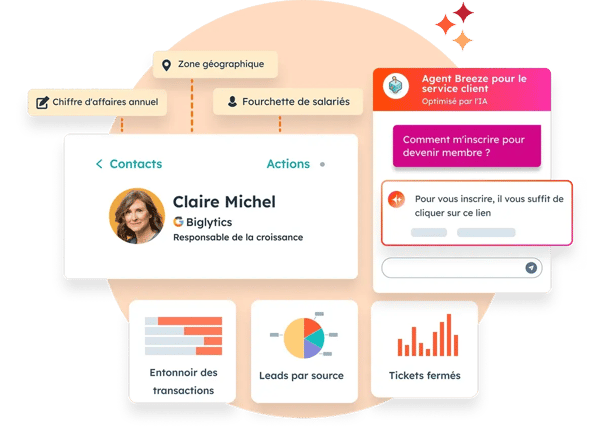
These platforms offer a broad range of marketing automation functionalities within a single ecosystem, ideal for agencies seeking comprehensive automation solutions.
- HubSpot: A leading all-in-one platform covering customer relationship management (CRM), sales, email marketing, and customer service. It offers extensive automation capabilities for lead nurturing, email marketing campaigns, and client reporting.
- ActiveCampaign: Renowned for its powerful email marketing automation and CRM functionalities, enabling highly personalized customer journeys.
- Brevo (formerly Sendinblue): An all-in-one marketing automation platform that includes CRM, email marketing, SMS, chat, and advertising campaigns. It also features an artificial intelligence assistant. Brevo offers an Enterprise Solution and an Expert program with benefits for agencies like commission and easy client account overview.
- SharpSpring: Designed with agencies in mind, offering marketing automation, CRM, sales automation, and robust client reporting features.
C. Specialized Tools
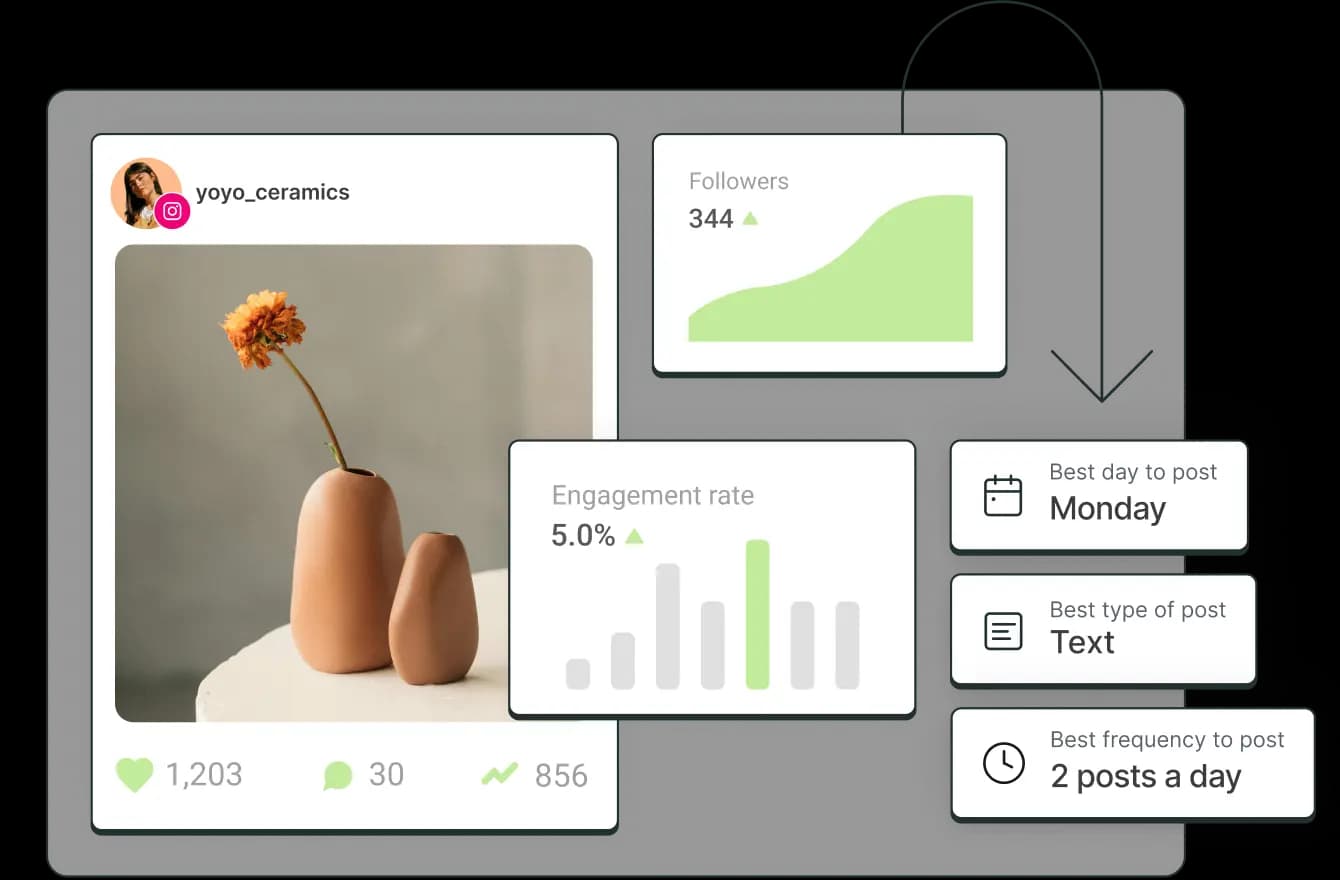
For agencies with specific needs or those looking to complement their existing tech stack, specialized marketing tools offer deep functionality in particular areas.
- For Content Creation: Writesonic is a generative artificial intelligence (AI) platform capable of auto-generating blog posts, ad copy, landing page copy, images, and audio, useful for content marketing. It offers an open API and integration with Make and Zapier, providing cost savings for agencies.
- For CRO Automation: ConvertFlow is a funnel builder for optimizing content for conversions, creating personalized calls-to-action (CTAs), pop-ups, and interactive forms. Agencies can manage multiple clients from one account and benefit from lead generation insights and conversion reports.
- For Market Research: SurveyMonkey is a tool for gathering reliable data for campaigns by targeting specific audiences. It provides APIs and integrations and allows for branded surveys and forms.
- For Social Media Management: Buffer is a social media management tool for planning and scheduling social media posts across social media channels. It includes an AI assistant and offers collaboration features like custom access, permissions, and customizable PDF reports.
- For Paid Campaign Automation: For agencies looking to replace older tools, consider Smartly.io . These platforms offer advanced AI-driven optimization, creative automation, and robust campaign management across major ad platforms like Facebook, Instagram, and Google, often surpassing the capabilities of older solutions in terms of scale and machine learning power.
- For Automated Client Reporting: AgencyAnalytics provides comprehensive client reporting and dashboards, helping agencies track and present key performance indicators (KPIs) to clients.
- For Workflows and Behavioral Segmentation: Encharge is a marketing automation platform with a visual flow builder that helps agencies create and manage lead nurturing sequences and customer behavior segmentation strategies.
- For Comprehensive Agency Management: Vendasta offers an all-in-one platform for agencies to sell digital marketing solutions, manage marketing automation, and provide white-label client reporting.
Best Practices for Implementing Marketing Automation in Your Agency
A. Start Small and Scale Up
Begin by automating simple, repetitive tasks that yield quick wins, such as lead nurturing or monthly client reporting. Once comfortable, gradually scale to more complex marketing campaigns like email marketing campaigns or social media posts scheduling.
B. Prioritize Personalization
Automation should enhance personalization, not detract from it. Utilize workflows based on specific client interactions and leverage dynamic fields in emails to deliver highly relevant content.
C. Continuously Monitor and Optimize Performance
Marketing automation is not a set-it-and-forget-it solution. Regularly track key metrics like open rates, click-through rates, and conversions. Conduct A/B testing to refine your automated campaigns for optimal performance.
D. Train Your Team
Ensure that your marketing team, design, and sales team are well-trained in using the marketing automation software. Proper training maximizes adoption and ensures that your agency fully leverages the capabilities of the chosen platforms.
E. Maintain Client Communication & Transparency
Keep your clients informed about the automated processes you're implementing and the benefits they bring. Provide automated client reporting and client data dashboards to demonstrate the valuable insights and efficiency gained through automation.
Conclusion: The Future is Automated
Marketing automation for agencies is an indispensable tool in 2025. It offers a clear path to significant time savings, enhanced client relationships, improved marketing ROI, and sustainable business growth. By strategically implementing automation solutions, especially those that integrate creative automation like Abyssale, agencies can streamline operations, deliver highly personalized customer journeys, and ultimately achieve greater success for themselves and their clients. The future of marketing agencies is automated, efficient, and deeply personalized.
Ready to boost efficiency and transform your agency's client workflows?
Get started for free
Master Abyssale’s spreadsheet
Explore our guides and tutorials to unlock the full potential of Abyssale's spreadsheet feature for scaled content production.
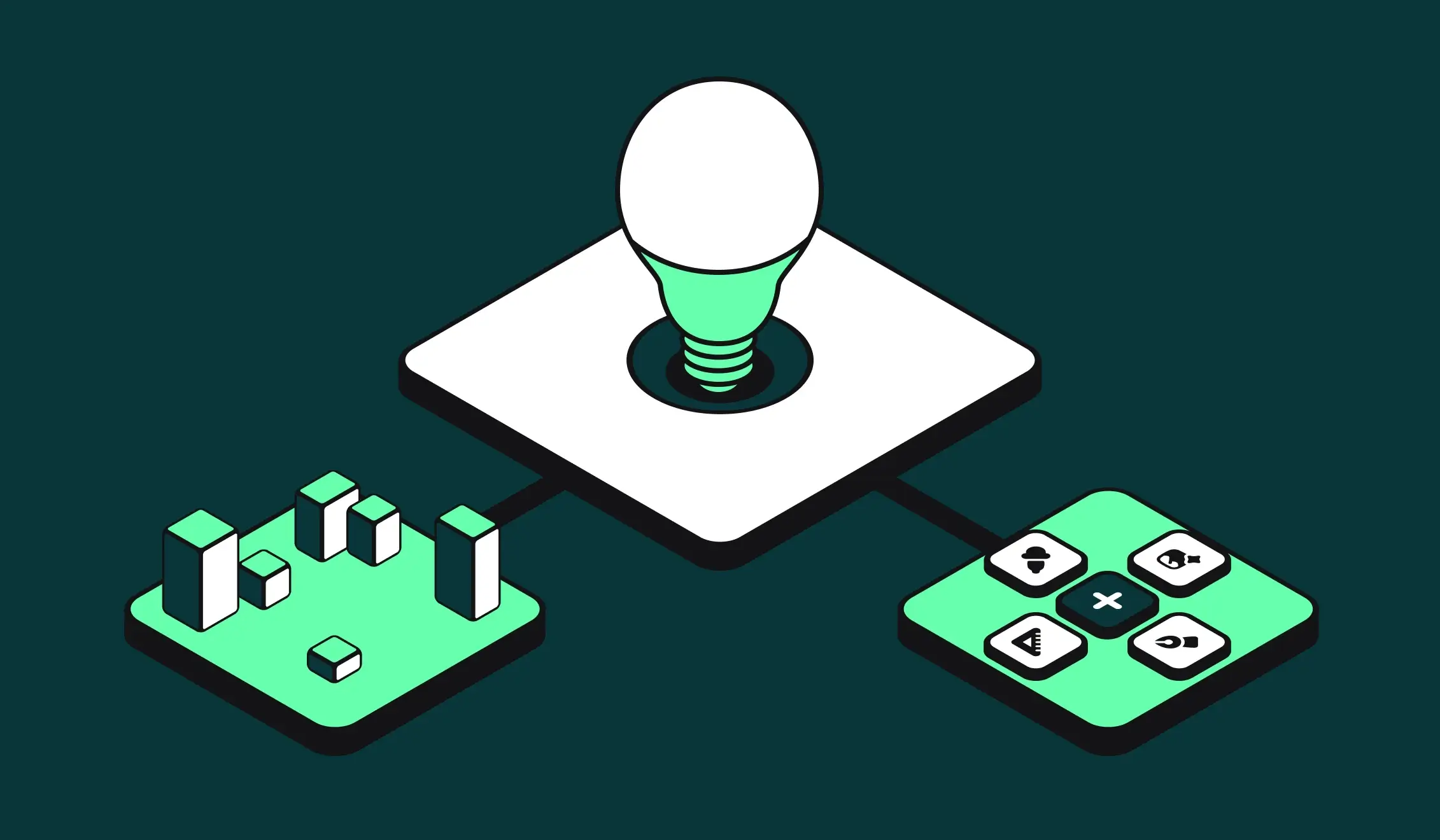
Creative Infrastructure vs. Creative Tools: The $1M Difference for Enterprise Brands



